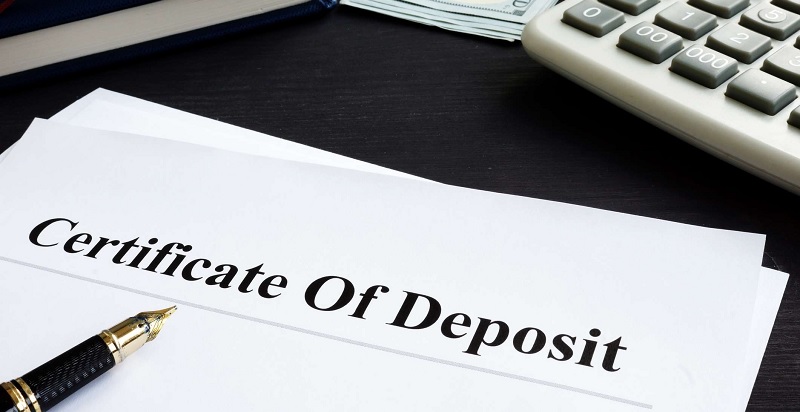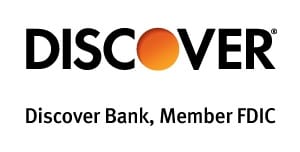 Certificates of deposit set aside your money for a specific period of time and typically offer higher interest rates than regular savings accounts do.
Certificates of deposit set aside your money for a specific period of time and typically offer higher interest rates than regular savings accounts do.
Below, you can find out what are the different types of CDs?
Types of CDs
There are a variety of different types of CDs below are a some of the most common:
Standard CD:
- This type of CD comes with five basic features:
- Fixed interest rate
- Fixed term
- Minimum deposit
- Early withdrawal penalty
- Federal deposit insurance.
- Most CDs resemble standard CDs with one or two differences
 • Get started and open a Discover® CD in 3 easy steps. • Available nationwide online • Discover offers CDs with some of the highest and most competitive rates! • Select terms as short as 3 months up to 120 months • Rates ranging from 2.00% APY up to 4.00% APY. • Opening a Discover Bank Certificate of Deposit is extremely quick and easy. • Funds on deposit are FDIC-insured up to the maximum allowed by law. |
High Yield CD:
- High-yield CDs stand out because their interest rates are among the best
- Online banks tend to offer these CDs, which can earn more than double what the national average CD rates can
Jumbo CD:
- A jumbo CD is a CD with a minimum deposit traditionally around $100,000, but it can be lower, such as $50,000
- Jumbo CDs have slightly higher rates than regular CDs on average, however the best CD rates tend to be on CDs with minimums of $5,000 or less
No Penalty CD:
- A no-penalty CD, also called a “liquid CD,” lets you withdraw early for free
- That makes this CD similar to a savings account with the big exception that your rate won’t change over time
- Potential Cons:
- No-penalty CD rates tend to be lower than high-yield CD rates
- Generally no partial withdrawals allowed
IRA CD:
- An IRA CD is a CD within an individual retirement account
- An IRA can generally hold more than one CD as well as other investments, such as stocks and bonds
 • Just three steps and you’re on your way to saving with a Discover® IRA CD • Available nationwide online • Select terms as short as 3 months up to 120 months • Rates ranging from 2.00% APY up to 4.00% APY • Step-by-step help available 24/7 by phone • Flexible options: Roth (pay now, save later) & Traditional IRAs (earn now, pay later) • Gather your retirement savings into one place. |
Step/Bump Up CD:
- Step Up or Bump Up CD’s can have your interest rate increase during the course of your term
- The difference between step-up and bump-up CDs boils down to who gets to choose when the rate change happens
- The bank gets to decide for a step-CD, while you’re in the driver’s seat for a bump-up CD
Add-On CD:
- With an Add-On CD you can add more money into the account over time
- Similar to a savings account
- Better when you come into money and can add more into your account
- More rare type of CD
Brokered CD:
- A brokered CD is issued by a bank or credit union and you buy it through an investment firm, also known as a brokerage
- Brokered CDs are federally insured and have a fixed interest rate
- The only way to access funds in a brokered CD before the term ends is by selling the CD in a marketplace, which is generally an online platform where people buy and sell CDs
- If you sell, there’s a risk that you’ll end up with less value than you bought the CD for
Foreign Currency CD:
- The foreign currency CD, one of the rarer and more complex types of CDs, ties your money to the value of foreign currencies
- This CD doesn’t have a guaranteed return because the interest you’ll earn is based on one currency or a basket of currencies determined by the bank
- Risks:
- Currencies fluctuate based on various factors, including changes in foreign governments as well as international economic conditions
- Money will go through exchange rate conversions that may end up losing value once reverted back to U.S. dollars
Conclusion
CD accounts can provide a wide range of features and account types. Understanding what you need in terms of financial features is incredibly important when it comes to knowing what kind of CD account you would most benefit your financial goals.
Hopefully after reading this you understand what account best suites your purposes! Be sure to do proper research and start saving today!
Additionally, If you are interested be sure to check out our list of bank bonuses and CD rates!
